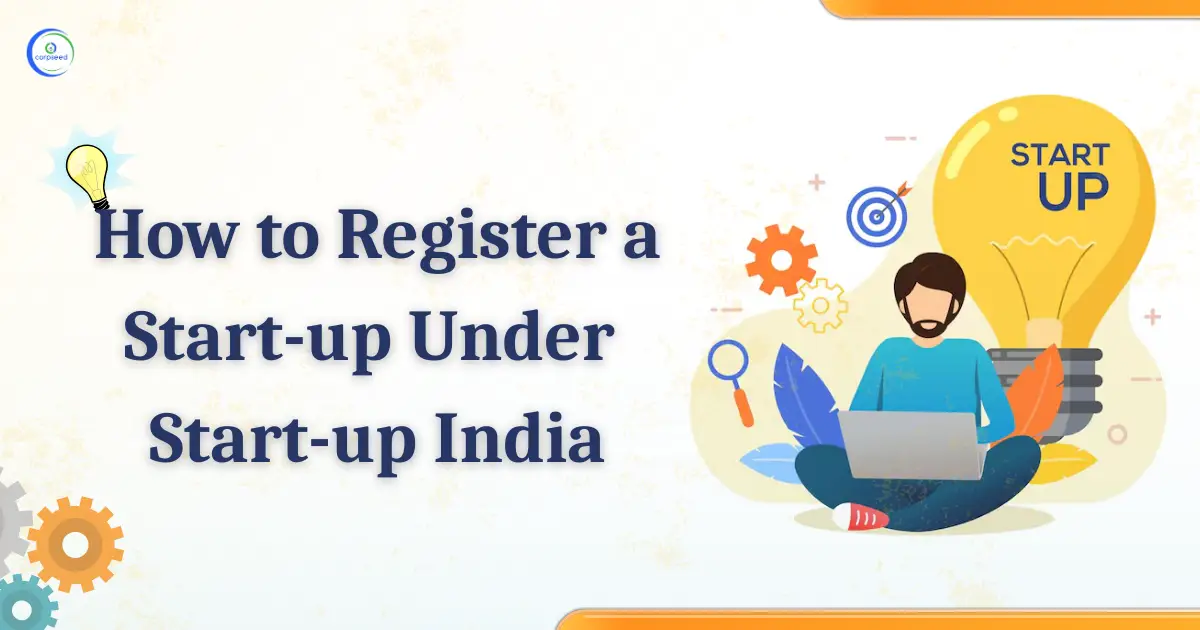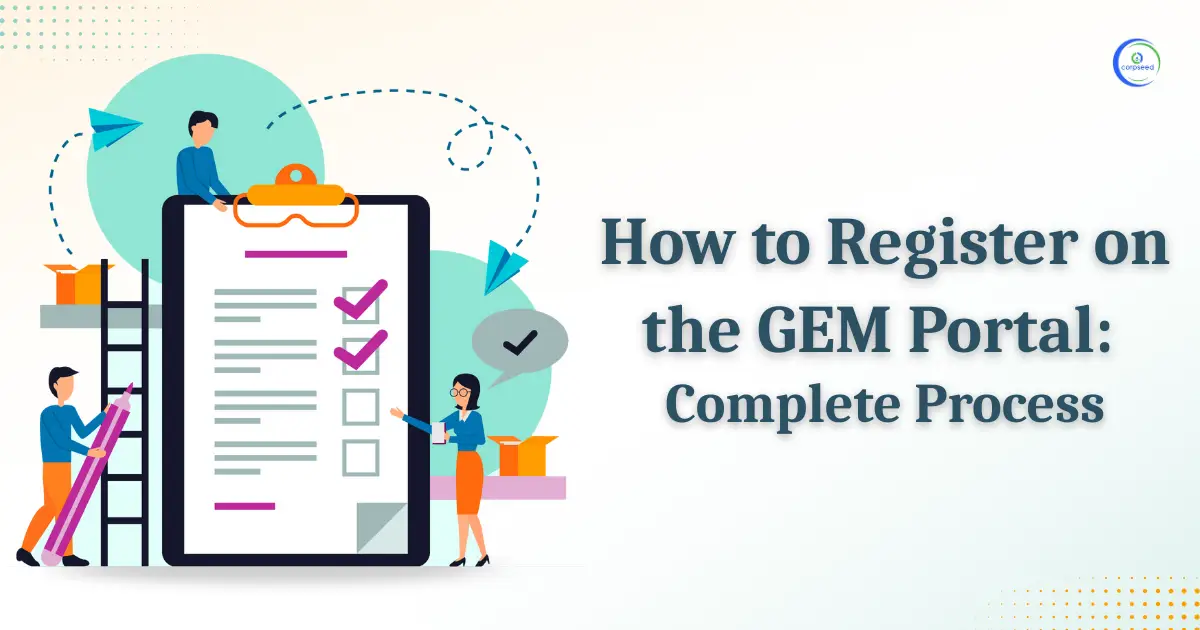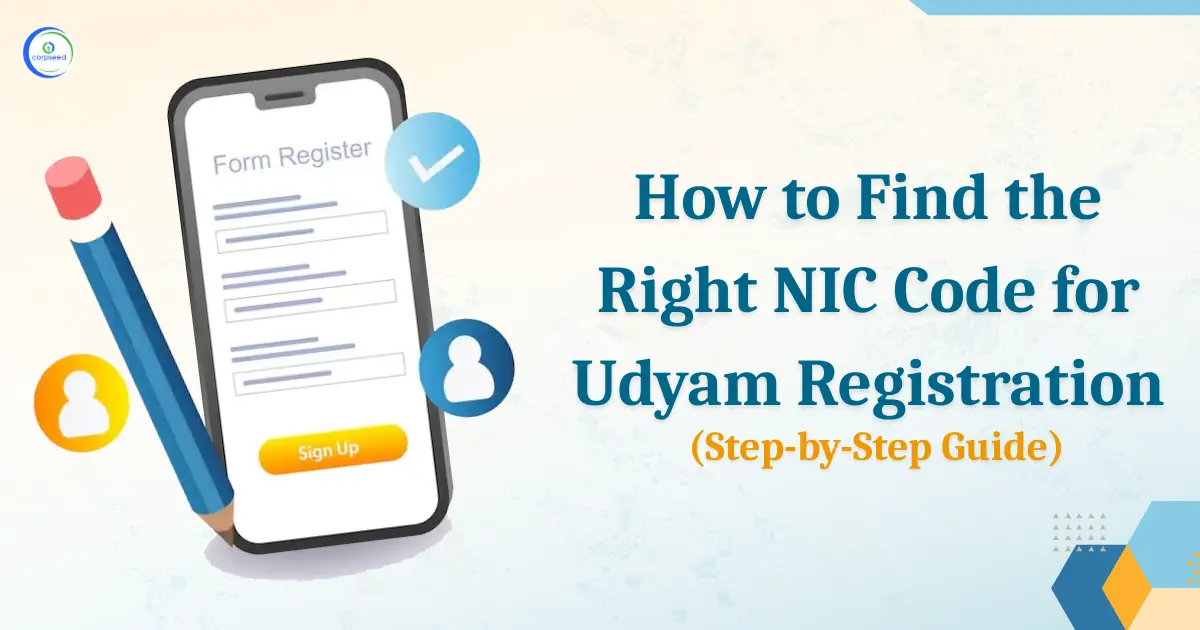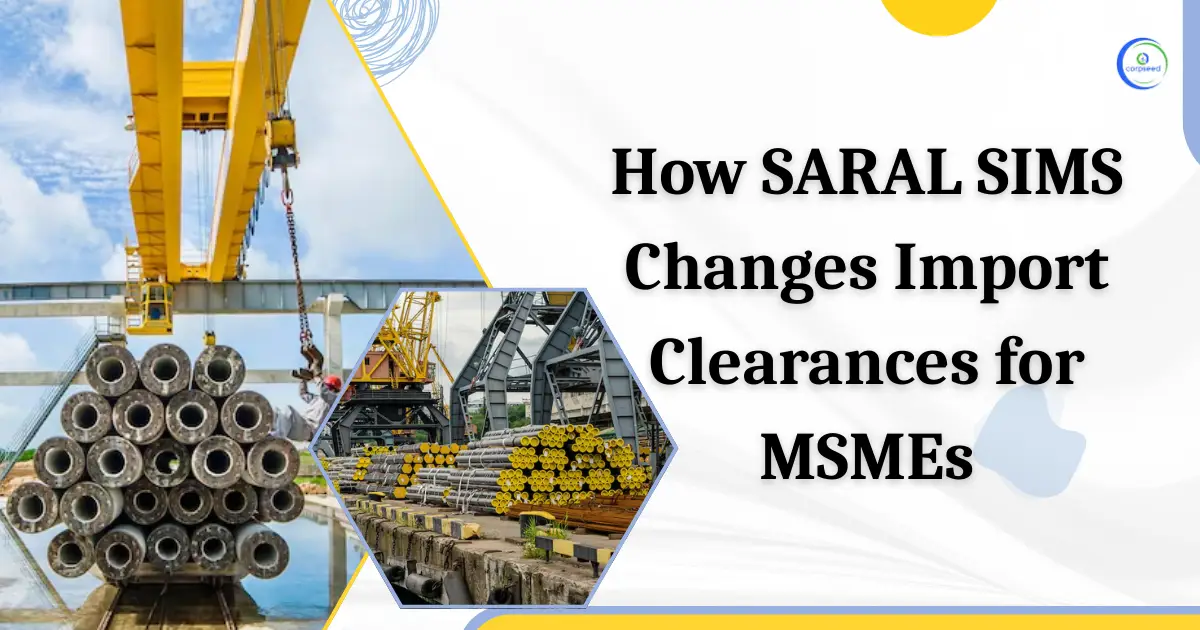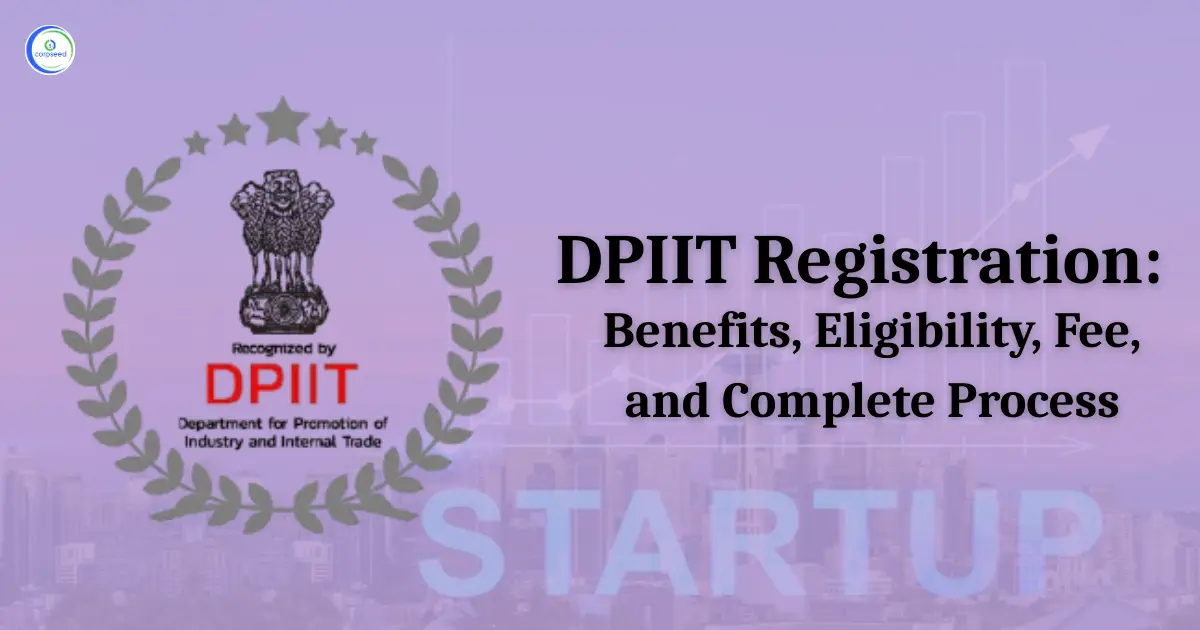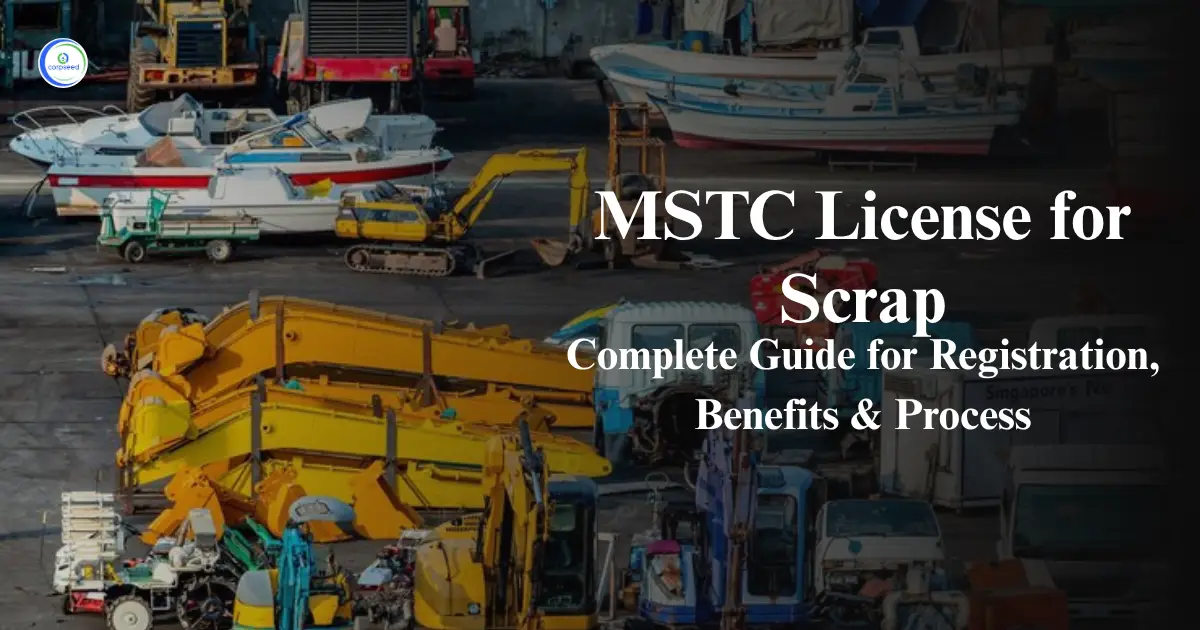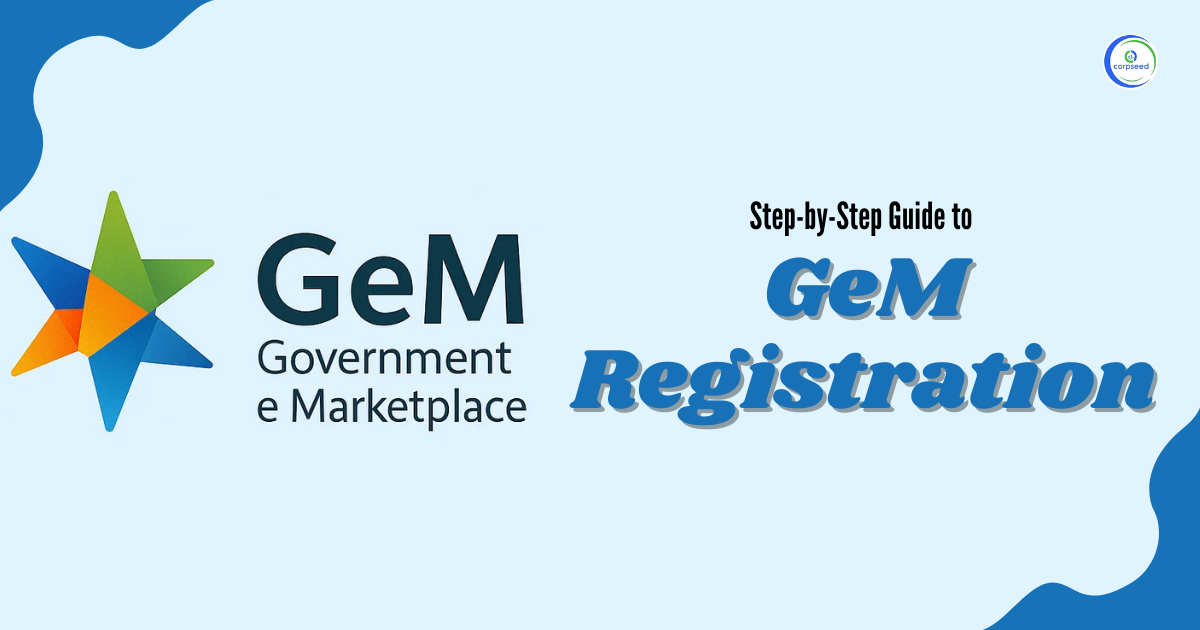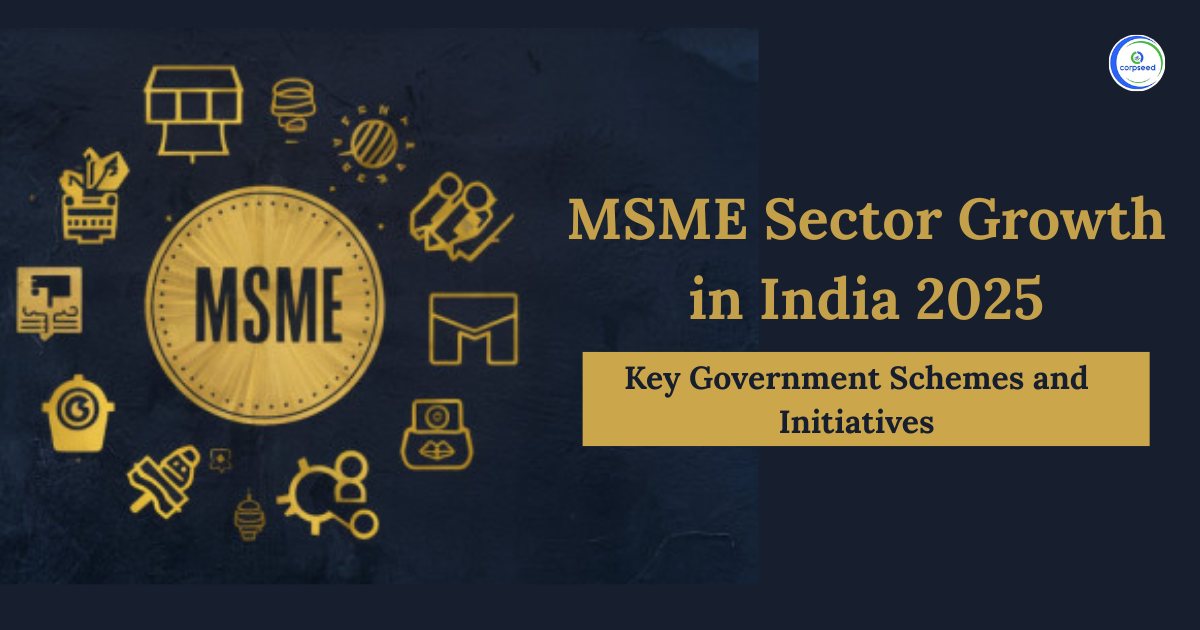Introduction: Online Business to Sell
The world has completely transformed into a digital sphere. From financial transactions to social interactions, everything functions over the click of a button. With everything functioning online, business enthusiasts have also shifted their base towards the internet. Businesses and industries selling online are referred to indulge in a practise that gave rise to the world of e-commerce. Hence, simply put the transactions of goods and services over the internet is known as e-commerce or electronic commerce. Ecommerce is one of the many ways that people buy and sell goods in retail. Some businesses only sell their products online, but for many, ecommerce is just one distribution channel in a larger strategy that includes physical stores and other revenue streams. In any case, ecommerce enables start-ups, small businesses, and large corporations to sell their products on a large scale and reach customers all over the world.
Table of Contents
--------------Blog Contact Form-------------
What Are The Benefits Of Selling Online?
Selling online or the E-commerce world enables businesses to be closer to their customers. It further increases productivity and promotes healthy competition among businesses. At the end of the service, the consumer benefits from improved quality service, greater proximity, and much more effective pre and after-sales support. Customers now also have online stores that are open 24 hours a day thanks to these new forms of digital commerce. The primary advantage of online shopping is its capacity to reach a global market without requiring a major financial investment. The geographical boundaries of this type of commercial activity are not defined, allowing individuals to make a worldwide choice, obtain necessary information, and compare offers from all vendors, regardless of their location.
What Are The Types Of E-commerce?
With the advent of a digital market place, businesses online have been precisely categorized depending upon the nature of the industry. Ecommerce can take on as many different forms as there are a lot of ways to shop online. Here are a few examples of common business models that shape the world of ecommerce-
- Business to Consumer (B2C): B2C types of business model is one the most common modes of conducting business. As per this model, the company will sell its goods and services to the consumer directly. Customers can visit their websites to view products, photos, and reviews. At the next step, and order is placed after which the organization concerned prepares to ship the goods straight to the consumer. Amazon, Flipkart, Jabong, and paying for and using Netflix at home are all popular examples of B2C.
- Business to Business (B2B): Among the most popular types of e-commerce is Business-to-Business (B2B). When a process of trade initiates between two organizations or businesses, it is referred to as a transaction. B2B e-commerce is purely a transaction between businesses and further engages with building business-to-business relationships.
- Consumer to Business (C2B): The business-to-consumer model isn't really conventional. The concept behind this is that organizations are buying from single individuals, even if those customers are typically owners of their own enterprises. This is the exact reverse of B2C as it is a customer to business transaction. As a result, the consumer provides the Company with a product or service.
- Consumer to Consumer (C2C): Such business is also referred as Consumer-to-consumer commerce. It signifies a business or trade between private individuals. Such transaction shall also include business between two consumers. Here consumers come into direct contact with each other without the involvement of any organization involved. Such a transaction enables individuals to sell their personal goods and assets directly to a buyer. For example- OLX, Quickr.
- Business to Government (B2G): B2G refers to a transaction between a business entity and the Government. Private businesses sell their products or services for the benefit of the Government. The use of the Internet for public procurement, licensing procedures, and other government-related operations is referred to as e-procurement.
- Consumer to Government (C2G): A transaction or trade that occurs between a Consumer and the Government. Such an e-commerce allows customers to provide recommendations, feedback or request information directly to Government and its authorities. For example, when users pay their electricity costs through the agency's website, and when one pays their health insurance and taxes.
- Government to Business (G2B): G2B e-commerce is an economic model in which the government provides all information and services to business organizations. The data is disseminated via a vast network of various government websites. The information is used by the business organization to apply for various permissions required for starting a new business, as well as other specifications.
- Government to Consumer (G2C): The information is used by the business organization to apply for various permissions required for starting a new business, as well as other specifications.
- Government to Government (G2G): G2G refers to the electronic exchange of information systems and data between government departments, agencies, or organizations. By enhancing communication, data access, and data exchange, G2G seeks to enhance e-government activities.
What Are The Licenses Required For An Online Business?
Businesses online are no different that the operation of business offline. An individual or a unit established on or off the internet, needs to sincerely abide by the laws. Following are the licenses required for an e-Commerce business-
- Registration of Company
The prospective business owner must register his or her company using one of the following options for business structure:
- Sole Proprietorship
- One Person Company
- Limited Liability Company
- Partnership Firm
- Private Limited
The Company, irrespective online or offline needs to be incorporated as per the provisions of the Ministry of Corporate Affairs and by virtue of the Companies Act, 2013.
- Goods and Service Tax (GST) Registration
If a business is involved in selling goods or services, it must mandatorily register for GST (Good and Service Tax) if the annual sales or turnover exceed INR 20 lakh, or INR 10 lakh if your business is located in one of the North Eastern States. When first starting a firm, a business was required to apply for several tax registrations. Traders must register for VAT, manufacturers must register for excise tax, service providers must register for service tax, etc. The Goods and Service Tax regime, however, just requires a GST Registration in order to comply with all requirements.
- Trademark Registration
Registering a company’s trademark refers to securing the public representation of a business. Under such registration, a company’s official logo, domain name, brand name, relevant slogans etc are made exclusive and cannot be used by the any other business unless prior approval has been taken by the trademark holder.
- Register an E-Signature
The Information Technology Act, 2000 governs electronic and certificate-based digital signatures in India (IT Act). While everything is centred online, digital contracts relating to businesses have also been introduced. Therefore, as a physical signature is made to authenticate the document, a business needs to register their signature as per the provisions of the IT Act, 2000.
- FSSAI License
If the business is involved in the food business or is involved in such sector, must necessarily obtain an FSSAI License issued by the Food Safety and Standard Authority of India. Such license on products would determine the safety and authenticity of food products.
- MSME Registration
Any business must complete the MSME Registration process in order to legally start operating in India. The two main forms of registration are manufacturing firms and service enterprises, and they are both free, paperless, self-declaration-based processes.
- Import-Export Code (IEC)
Anyone who wants to start an import/export business in the country must obtain an IEC (Import Export Code). It is a 10-digit code that is made public by the DGFT (Director General of Foreign Trade) and is always valid. Merchants who are primarily importers are unable to import products without the Import Export Code, while merchants who are mostly exporters are unable to benefit from DGFT's export strategy, if they do not obtain an IEC.
Conclusion
When a business license is obtained, the buyer is given the legal right to launch and operate a specific kind of business within the license's legal jurisdiction. It is a type of business permit granted by the Government to a corporation. One must ascertain a license before starting a business. If one does not have a license, the business could face penalties or possibly be compelled to shut down the business. Some companies need licenses from numerous jurisdictions, whereas others don't. The kind of license a business needs and where one may receive it depends depend on where the firm is located.
This portion of the site is for informational purposes only. The content is not legal advice. The statements and opinions are the expression of author, not corpseed, and have not been evaluated by corpseed for accuracy, completeness, or changes in the law.
BOOK A FREE CONSULTATION
Get help from an experienced legal adviser. Schedule your consultation at a time that works for you and it's absolutely FREE.


